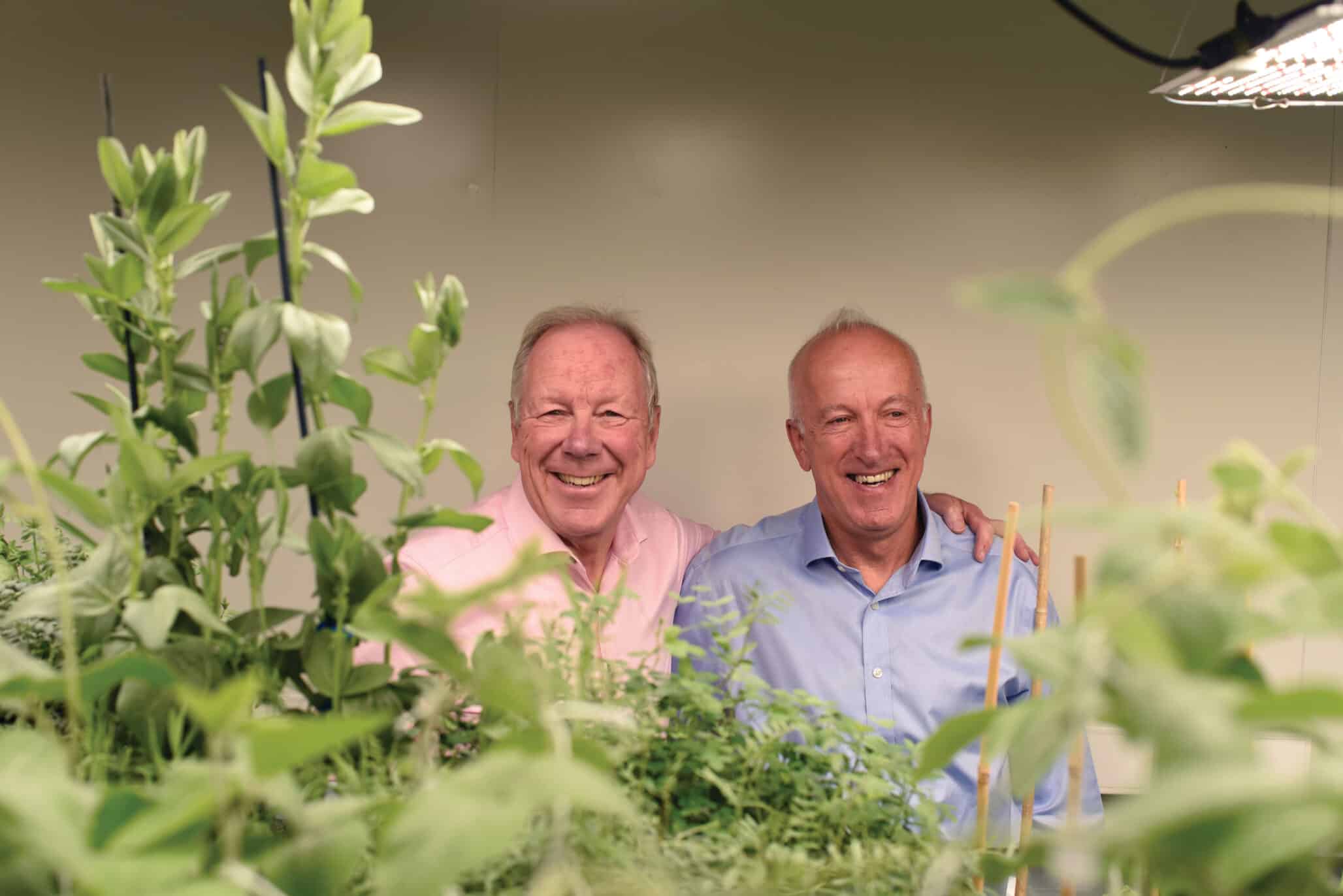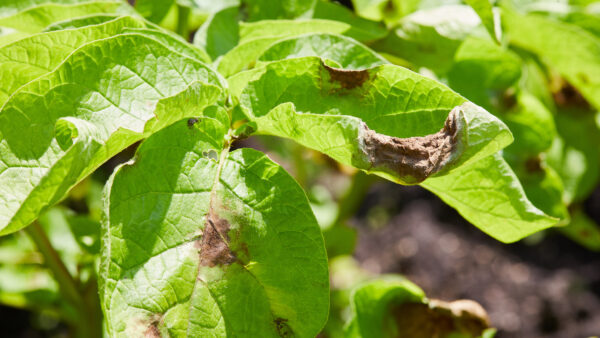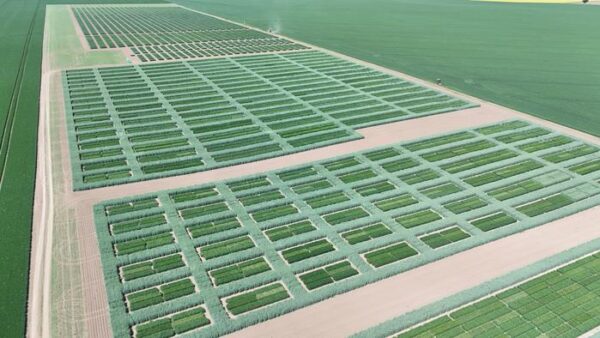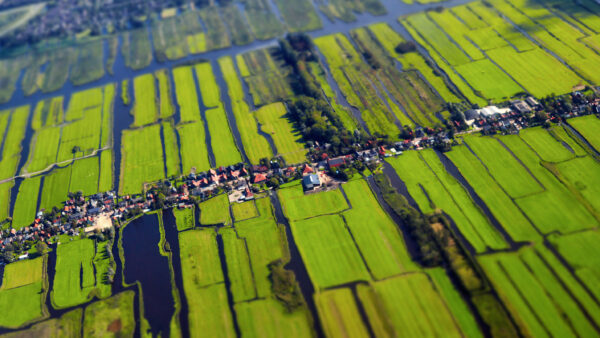Although soy cultivation is known for its many benefits including nitrogen fixation, soil enhancement and high protein content, the crop didn’t take off in Europe until a few years ago. That’s very different than in North and South America, where high-performance GMO soybeans have been a key part of crop rotations for years. Why the delay in Europe? Most soybeans flower under short daylengths, which doesn’t align well with the long summer days in Europe.
Determined to move the needle, a new company named Protealis launched in April 2021 with a firm commitment to put legume crops such as soy on the European map. Since then, the company has brought an impressive six high performance early soy varieties to market and, in doing so, is changing the game for soybean cultivation in northern Europe.
Harnessing the Potential of Legume Crops: The Time Is Now
The time is right to focus on legume crops such as soy that are bred specifically to thrive in European growing regions, can be produced more sustainably, and enhance Europe’s self-sufficiency in plant proteins. Not only are European consumers and regulators demanding more sustainable, local, high-protein plant-based foods, these products offer excellent opportunity for European farmers.
David Buckeridge, chairman at Protealis, says: “I see an amazing opportunity to harness the potential of enabling technologies and data. Now more than ever, we are capable, both technically and economically, to drive great innovations in crop improvement – and at a much faster pace.”
Cutting-Edge High Tech
Over his 30-years of agricultural leadership, Protealis board member Hartmut van Lengerich has kept a keen eye on the burgeoning potential for breeding new crops for Europe.
He says, “In the big seed industry, the European focus is still mainly on the strategic crops such as corn, rape and sunflowers. Legumes haven’t been an obvious target and certainly haven’t been prioritised for high tech approaches.”
However, the heart of Protealis’ strategy is a deep integration of seed breeding and cutting-edge high-tech, specifically targeted at legume crops.
“What sets Protealis apart is its focus on delivering a complete legume crop solution,” van Lengerich says. “Offering new, high-performance varieties is what makes all the difference today.”
From Head-Start to Harvest
While Protealis may be young, it boasts success beyond its years.
From an investor point of view, a particularly attractive aspect of Protealis’ strategy was that the company didn’t start breeding from scratch. As Buckeridge explains, “When the company launched in April 2021, it started with an existing elite Belgian soybean breeding programme, which already had 10 years of breeding progress that had resulted in high protein, food grade and non-GM soy, ready to market. Protealis came with the right solution, at the right time.”
Today, the company’s six high-yielding, high-protein soy varieties, all brought to market in just the past three years, are proving a game-changer for European farmers on the look-out for profitable crop rotation solutions that can be grown sustainably.
“Because we only think legumes, we can fully invest to integrate breeding with genomic tools, AI and speed breeding,” van Lengerich adds. “We complement that focused approach with investment in proprietary microbial technologies using indigenous bacteria adapted to European soils, which support the growth and profitability of legume crops. This allows us to deliver a full legume crop solution, not just a product.”
Farmer Focus: Delivering A Full Legume Crop Solution
The key reason legume crops like soy didn’t break through in Europe in the past was the lack of high-performance varieties tailored to a cooler northern European climate. That is exactly where Protealis comes in. The impact is already visible with soybean acreage increasing significantly in multiple countries, including in Poland where soy acreage has grown from eightfold to over 80,000 hectares in just a few years.
“Across Europe, there is growing recognition of the need for high protein crops grown locally,” Buckeridge says. “Politicians, academics, and the food system fully understand the mission and its critical importance to sustainable agriculture. If you think soy isn’t a profitable crop yet in your region, let’s see in five years what the market impact is when the technology effect kicks in.”
Protealis’ journey shows how focused innovation and a commitment to sustainability can transform agriculture. As the company continues to pioneer in the field of soybean cultivation, it sets a robust example for the future of sustainable agriculture in Europe. More info on www.protealis.com











